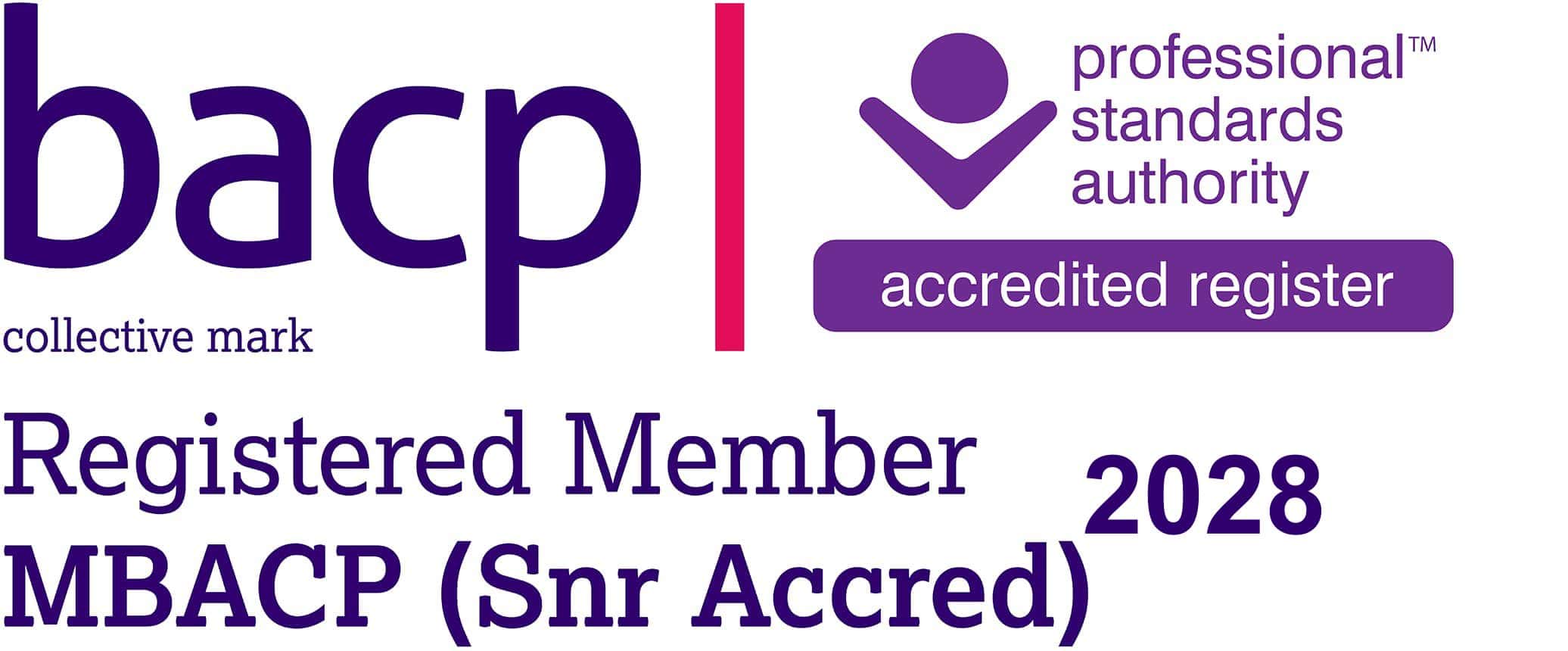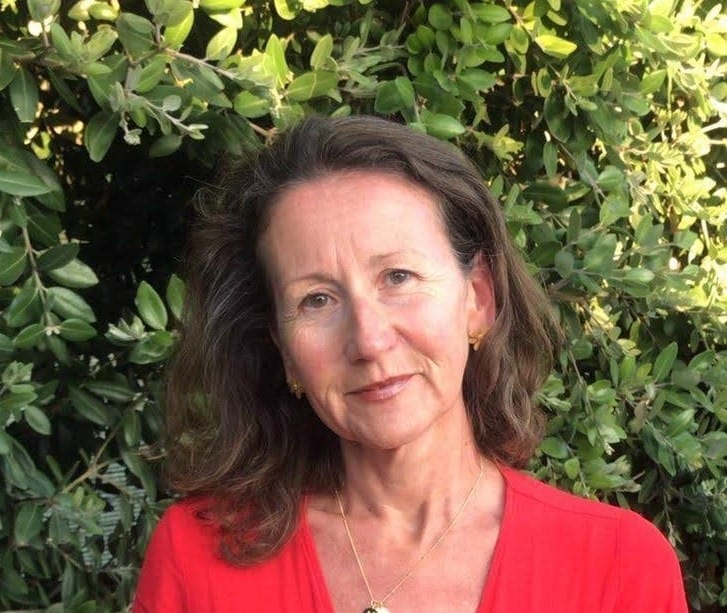Bramham Therapy clinics:
07468 573866



Treatments Practised by Wendy Bramham:
Wendy is a psychodynamic, IFS (Internal Family Systems) and integrative psychotherapist and counsellor with 30 years of clinical experience.
We are sorry but Wendy is currently not taking on new clients. Please contact our practice manager for a suitable referral: appointments@bramhamtherapy.co.uk
Philosophy and Style of Working:
Wendy has a warm, empathic style of working which enables the client to feel supported and understood, whilst undertaking deeper work.
Wendy has synthesised different models of therapy, most recently Internal Family Systems (IFS).
Wendy originally trained in the 1990s in the psychodynamic model of therapy (see below for a brief explanation). Since then, she has studied and integrated a variety of concepts and techniques including IFS; mindfulness; trauma work based on the latest discoveries in neuroscience and physiology; transpersonal; attachment theory; and CBT.
Wendy is bound by the BACP Code of Ethics and Practice and is subject to their complaints procedures, which ensure the highest standards of professional practice.
Professional Accreditations:
- Internal Family Systems Therapist – Levels 1 and 2 (2019)
- Senior Accredited Practitioner, British Association for Counselling and Psychotherapy (BACP) – since 1998
- Post-Graduate Diploma in Psychodynamic Psychotherapy (WPF & Roehampton Institute/University of Surrey) 1998
- Myers Briggs (MBTI – psychometric testing) qualified, 2004
- BA (Hons), 1987
- Enhanced DBS (Disclosure and Barring service) – formerly CRB
Training and Experience:
Wendy is the proprietor and director of Bramham Therapy which she founded in 2011.
Wendy Bramham has 30 years’ experience of providing therapy for people in a variety of settings. In addition to working in private practice since 1998, she has also taught developmental psychology at WPF Counselling in Wokingham, and has worked for a large group of four GP practices in Alton, Hampshire as their on-site counsellor for three years. She has been a clinical supervisor since 2006.
In 2013 Wendy was resident psychotherapist for BBC Radio Wiltshire for a series of live programmes on mental health.
She has also worked for many years as an executive coach, and has a background in business, having previously worked at BUPA for five years, where she facilitated a counselling/coaching/mentoring programme for BUPA employees.
During the 1990s Wendy trained and qualified with WPF Counselling and Psychotherapy in London, over a five year period, three of which involved full-time study. It is a long and rigorous training distinguished by the depth and breadth of clinical experience acquired, together with a strong academic component at Masters level. Since then she has studied mindfulness; attachment theory; neuroscience; physiology; transpersonal (spiritual psychology); and CBT (cognitive behavioural therapy). In 2019 Wendy qualified to work with a new cutting-edge model of psychotherapy called Internal Family Systems.
Wendy is committed to ongoing professional development and, since 2014, she has organised regular professional development seminars for therapists in the wider community, with renowned speakers and workshop leaders.
Brief explanation of the psychodynamic model:
Psychodynamic therapy is based on an understanding that we all have an unconscious, which carries a “blueprint” that is formed during the early years of life. During this formative time, our own particular way of responding to events, experiences and parents/family members will create a pattern, which subsequently becomes embedded and influences our attitudes, perceptions, expectations, choices, behaviour and relationships, etc.
We carry this blueprint forward into adult life, but it often remains unknown to us i.e. outside of conscious awareness, and therefore can create unconscious patterns of behaviour or ‘blind spots’ in our self-awareness. It is often when these patterns become unhelpful or destructive, sometimes resulting in a crisis, that people will begin to consider seeking therapy. Peter Lomas (1987) describes Freud’s and Jung’s discovery of this mental process:
“The recognition that our perceptions are coloured by an inner world of which we are largely unaware, yet which can bring havoc to our lives, is arguably the most important finding of the century.”
Through insight gained in therapy, we benefit from increased self-awareness and self-responsibility, and subsequently more conscious choice. Wendy finds the psychodynamic approach helpful because in her experience it is often a ‘deeper’ way of working which can illuminate and resolve the roots of a problem (not just the symptoms), and therefore creates more lasting change in the client.





